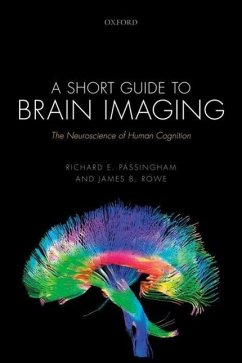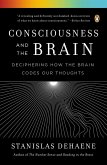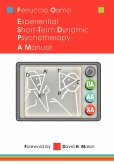Brain imaging has revolutionised the field of Psychology - once more concerned with IQ tests, reaction times and questionnaires. Most Psychology departments now have access to an MRI scanner - some have even renamed themselves as departments of cognitive neuroscience. Yet brain imaging can be a minefield, whichever discipline you approach it from. If you are a psychologist, you will have been taught how to do behavioural experiments, but may know little neuroanatomy
or neurophysiology. If you are a neurologist or psychiatrist, then you may know the neuroanatomy and neurophysiology, but not know how to carry out experiments on mental phenomena.
This is a practical guide to brain imaging, showing how it can advance a true neuroscience of human cognition. It is accessible to those starting out in imaging, whilst also informative for those who have already acquired some expertise. At the heart of the book are 6 main chapters, focusing on - the signal, experimental methods, anatomy, functional specialisation, functional systems, and other methods.
For students and researchers in psychology and neuroscience, this is the essential companion when embarking on brain imaging studies.
Hinweis: Dieser Artikel kann nur an eine deutsche Lieferadresse ausgeliefert werden.
or neurophysiology. If you are a neurologist or psychiatrist, then you may know the neuroanatomy and neurophysiology, but not know how to carry out experiments on mental phenomena.
This is a practical guide to brain imaging, showing how it can advance a true neuroscience of human cognition. It is accessible to those starting out in imaging, whilst also informative for those who have already acquired some expertise. At the heart of the book are 6 main chapters, focusing on - the signal, experimental methods, anatomy, functional specialisation, functional systems, and other methods.
For students and researchers in psychology and neuroscience, this is the essential companion when embarking on brain imaging studies.
Hinweis: Dieser Artikel kann nur an eine deutsche Lieferadresse ausgeliefert werden.








